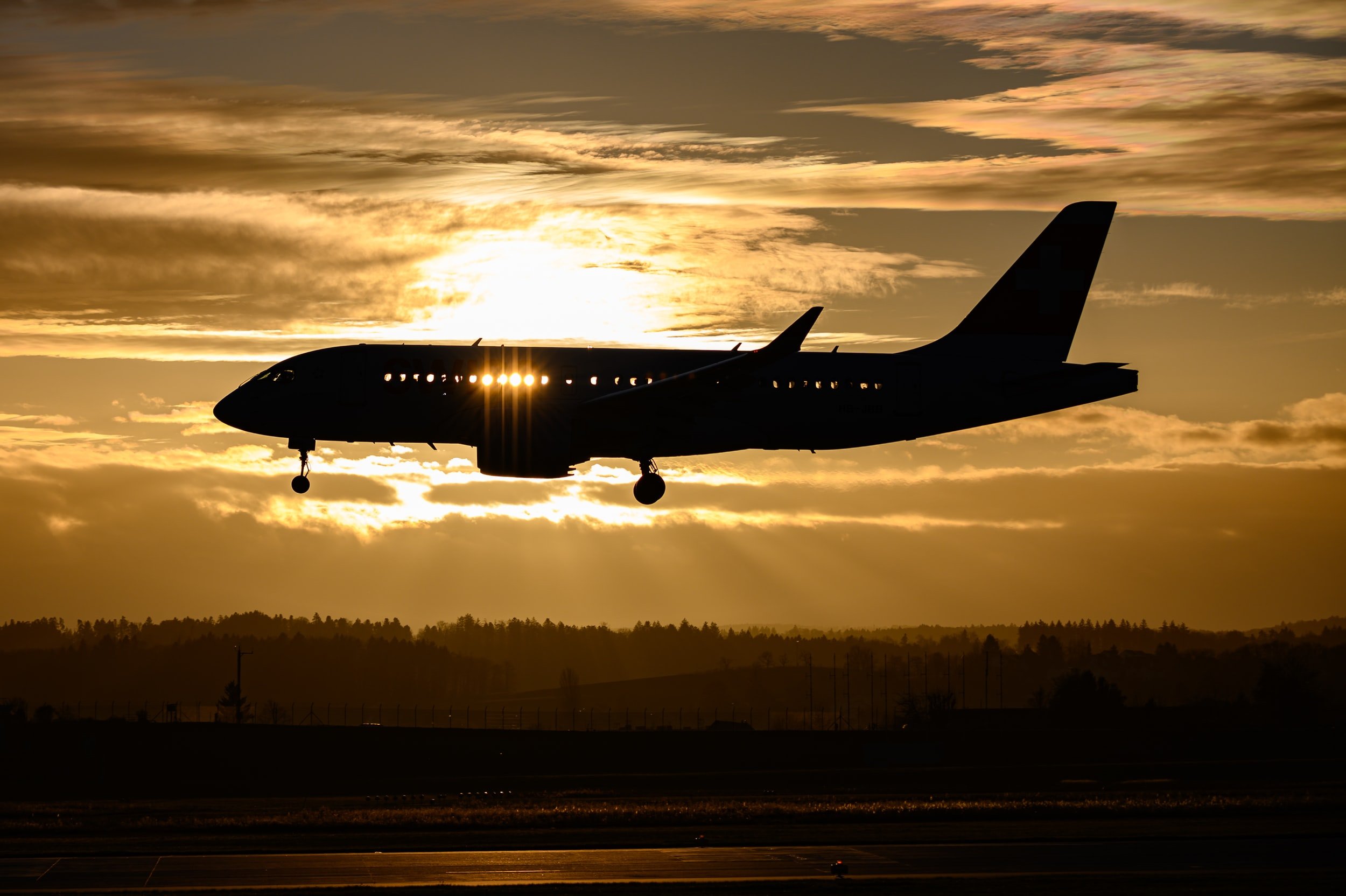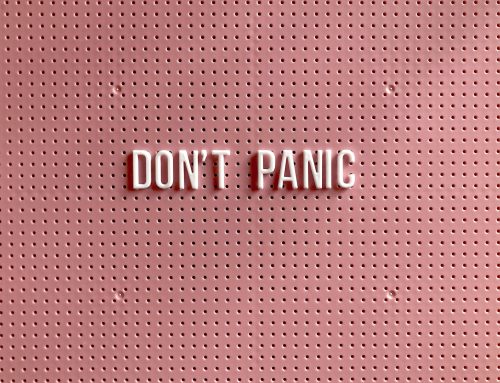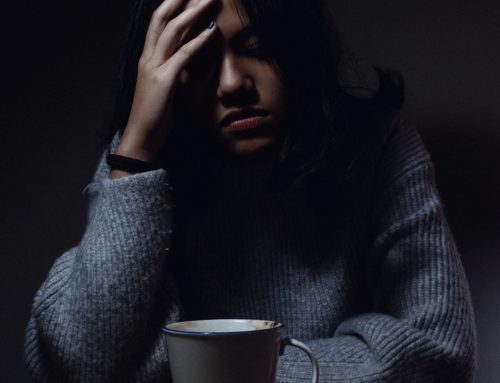15-Must-have items to bring when you travel
In my past, I used to have to travel for work on a regular basis. Most people thought it was so glamorous to travel around the country on the company dime. For someone with autoimmune disease or chronic pain, it can be an anxiety ridden nightmare.
Traveling can cause anxiety in general, whether for work or for pleasure. Traveling for work, however, has the added component of being on someones else’s schedule. The conference starts at 8:30am and your boss does not care that you are stuck in the bathroom. The dinner and drinks with clients is at a steak house and goes until 11pm. Your boss does not care that you can’t eat gluten or meat and need at least 8-hours of sleep to function.
Over the years, I’ve put together fifteen items that must be in your travel kit if you want to travel smart. With autoimmune disease, being as prepared as possible will ease some of the travel anxiety you may feel leading up to a trip.
Depending on your particular condition you may or may not need some of these items, but most are pretty universal for anyone dealing with a chronic condition.
Prescription Medications
This goes without saying, however there are some things to consider. Always bring double the amount of prescription medication for time you will be gone. You never know if you will get stuck somewhere longer than expected. Be sure the medications are in the original bottles, with your name on the label. Print out a list of the medications you take from your “My Chart” or online drugstore, just in case someone needs to see proof.
Unused syringes are allowed through TSA as long as they are with the medicine and prescription information. You should declare these to the TSA officer at the security checkpoint.
Non-Prescription Medications
In addition to your regular prescriptions, I have an additional list of “just in case” medications to take on the plane. Only take the options you have tried before to be sure you won’t get any unwanted side effects.
-
Ask your doctor for an emergency supply of Prednisone for a potential flare
-
Over the counter pain relievers
-
Sleep aids
-
Anxiety medication
-
Nausea medication
-
Anti-Diarrhea medication
-
Ginger, peppermint or chamomile tea bags
Medical Card or Doctor’s Note
Certain autoimmune related non-profit organizations offer a medical card. For example, if you have a form of IBD, there is a medical card explaining why you need to be let into a bathroom right away.
You can also ask your doctor for a note stating your illness and that you may need special assistance. You can be let on the plane first to give you extra time to get settled and get assistance with your bags if needed.
Healthy Snacks
Being prepared with healthy snacks is a must. Although you may find some simple options at airports like a protein bar, smoothie, or juice, you are always better off making sure you have items that you know will not set off a flare, stomach aches, or pain.
If you are not sure of what foods trigger your flares, working with a Health Coach can help you determine what you should and should not be eating. Having enough healthy snacks will be especially useful while traveling for work when you may have no say over what restaurants you will be eating at.
Nonperishable items like nuts, trail mix, rice cakes, packets of nut butter, low sugar protein or meal replacement bars, protein powder, dried edamame, apples, flax crackers, and electrolyte powders are some good options.
Sunscreen
Sunscreen is always important, especially for those with Lupus or other skin conditions that can be exacerbated by the sun.
Ear Plugs
Sensory overload can be a trigger for some people. Sometimes, blocking out the sound with either ear plugs or noise cancelling head phones can help to calm the nervous system.
Eye Mask
If you are on a red-eye or a long flight, you may want to sleep. An eye mask is great to block out the lights on the plane. Sleeping in a strange place, like a hotel, may have factors you are not used to. Since you can’t shut off those bright lights shining in your hotel window, an eye mask is the next best thing.
Face Mask
Although planes supposedly have very clean air, especially after Covid, bring a mask anyway. It is good for you and the people around you. You can never be too safe.
Baby Wipes
Baby wipes can have multiple uses. You can wipe down all the surfaces of your seat and tray table, and also wipe down your hotel remote, phone and light switches. If you have IBD or IBS, you probably already know these come in handy in case of any accidents or flare ups.
Neck Pillow
Comfort is key. Many autoimmune conditions and chronic health issues like Fibromyalgia come with joint or muscle pain. A neck pillow and extra blanket can help keep you comfortable on a long flight. Some people even use a neck pillow as an extra seat cushion to ease the pain on their hips.
Compression Socks
Along the lines of comfort, compressions socks are useful. Many conditions come with swelling or edema, which can be uncomfortable while on a plane. Just as compression socks are used in hospitals for patients who are not walking around for long periods of time, these socks can help you’re while you’re flying. While you are at it, add compression gloves also, especially if you have Rheumatoid Arthritis or something similar where your hands may swell mid-flight.
Change of Clothes
In addition to the regular clothes you pack for a trip, it is best to have certain items in your carry on bag. A change of underwear and pants is highly recommended … just in case.
Hand Sanitizer
Hand sanitizer and napkins are another simple way to wipe your seat, seatbelt and tray table. Always use sanitizer before eating.
Meditation App
There are so many amazing meditation apps available now. Look for an app that has a variety teachers and topics … something for sleep, for anxiety, and something for pain are good topics to look out for.
Travel Insurance
There are no magical steps to ensure you won’t have a flare up if you are planning a trip months in advance. Travel insurance can help protect you, should you need to move your trip.
Conclusion
So there you have it, friends: My top 15 items to always have prepared and ready to go before your next trip. If you bring anything special with you that is not on this list, please share in comments! Travel safe!





